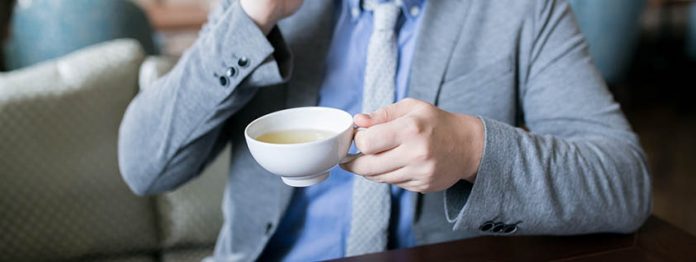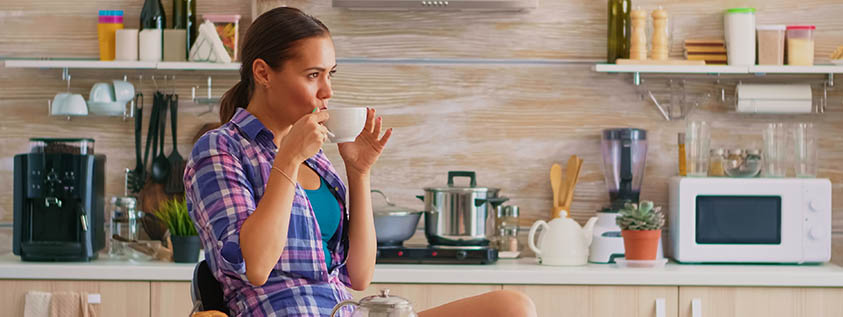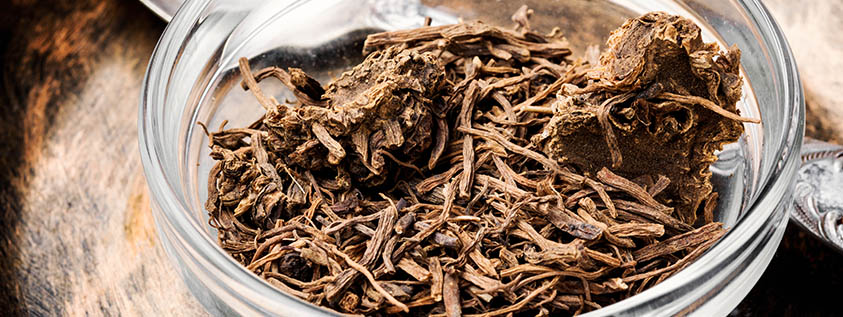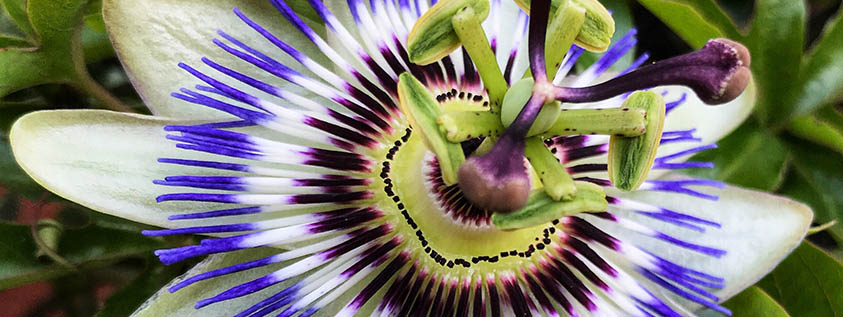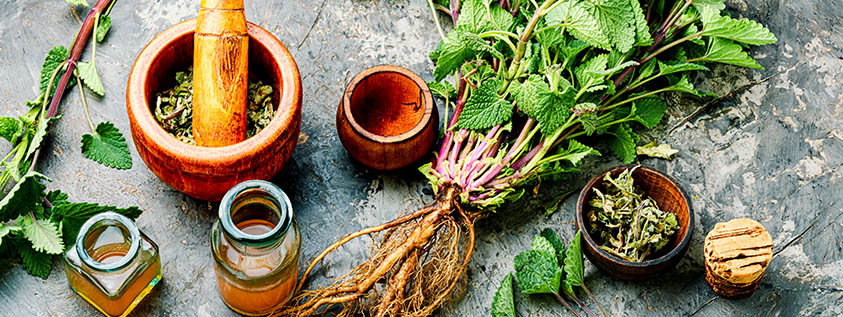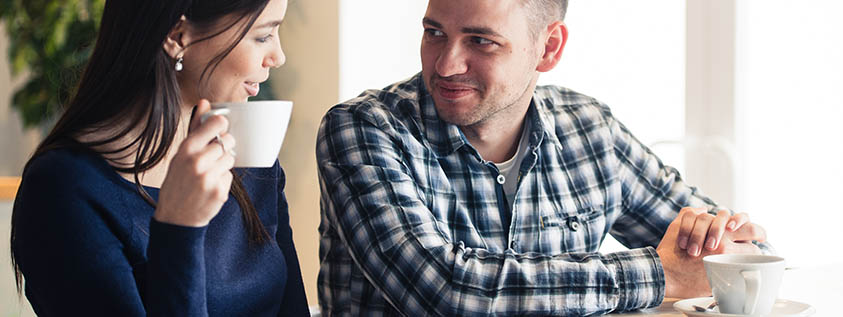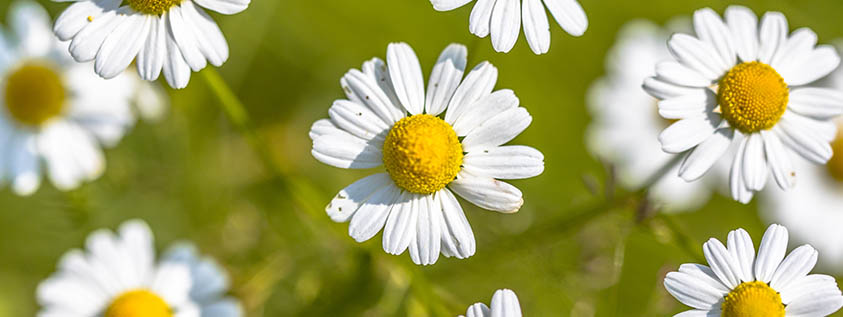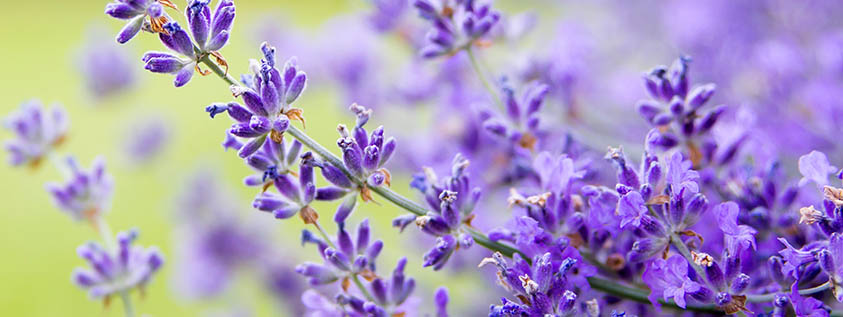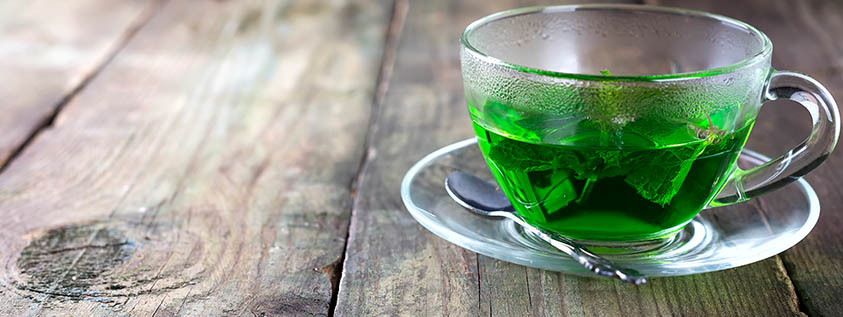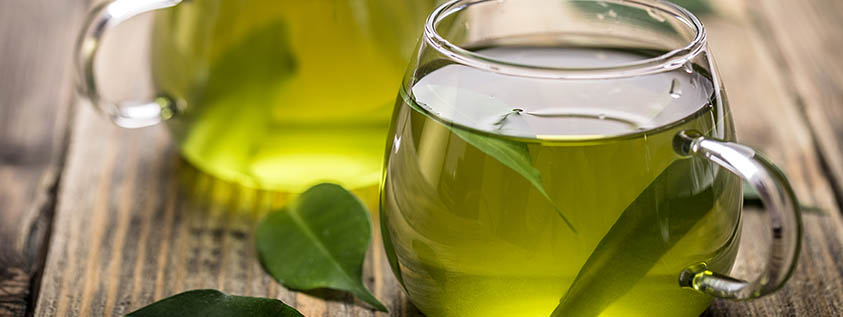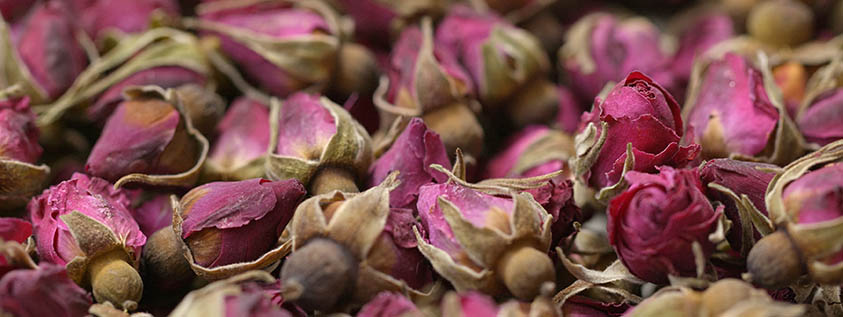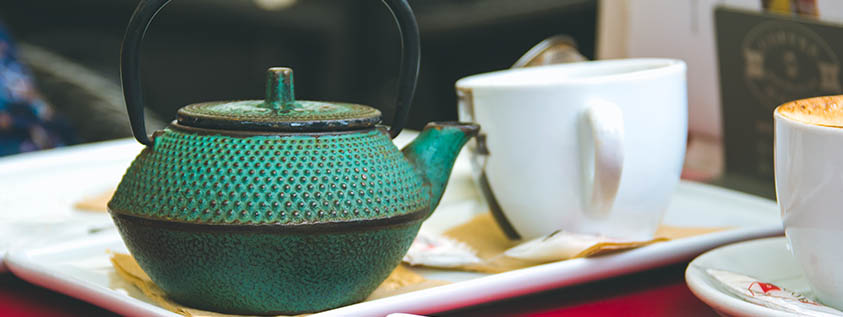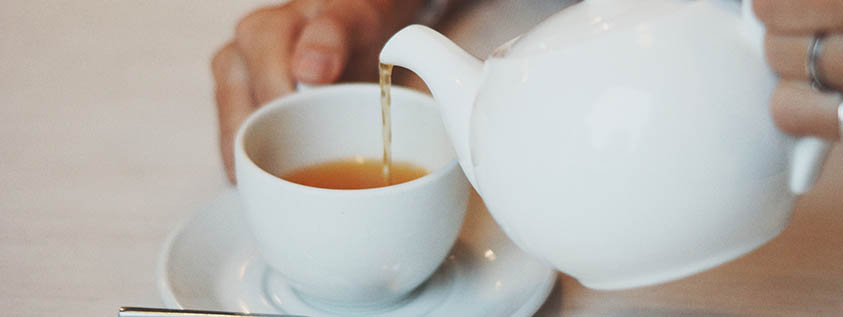For thousands of years, tea has been considered a beverage with many benefits. Today, many cultures agree on the fact that it has relaxing properties and helps people to reduce stress. If you drink tea properly, you will enjoy having a calm mind and a relaxing body. It will also leave you with a fresh feeling. In this article, we will talk about calming tea and which are the best teas against stress and anxiety.
In this Article:
What is tea?
Tea is an aromatic beverage originally made from the leaves of a plant called Camellia Sinensis, which contains caffeine. This means that tea has a similar effect to coffee on your body, though not as pronounced.
Black tea, green tea, white tea, oolong tea, pu-erh tea, purple tea, and herbal infusions are the most common types of tea.
Herbal teas
While the original tea is from the Camilla Sinensis plant, there are also herbal teas. Another word for herbal tea is herbal infusion. Herbal teas are based only on herbs, flowers, and fruits.
History of tea
Tea is a drink that contains the leaves of a plant originally native to Eastern Asia but now grown worldwide. The name ‘tea’ actually comes from the Chinese character ‘cha’ which means hot water. The warm beverage has been made from this leaf since 2737 BC, with records showing it being served by the Chinese Emperor Shen Nung.
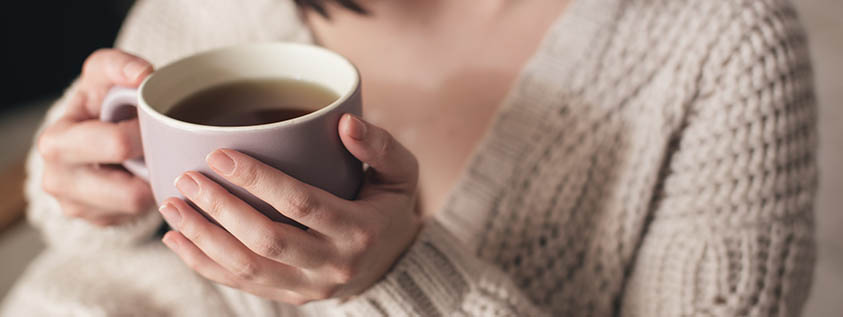
Calming tea: tips to get the most out of it
Drinking tea is a great way to manage stress, anxiety, and strong emotions. However, it may not be as helpful if you drink it at the wrong time or in the wrong way. Here’s how to get the most out of your tea:
Before drinking
Preparing yourself to drink a calming tea is important. Make sure before you start drinking that there are no pressing tasks that require your attention, such as work and homework. In addition, it is advisable to sit in a relaxed environment, free from outside distractions such as the TV or your mobile device.
During drinking
Make sure to drink it slowly, don’t gulp it down like water. Letting the tea sit in your mouth for some time before swallowing will give you more of its benefits. Taking deep breaths in between your sips will also promote relaxation.
After drinking
It’s best to wait about 10 minutes after having tea and before going back to work, school, or anything else that requires attention. This will make your energy levels boost gradually. However, some people may not need this time and are ready for the day immediately after drinking tea.
Calming tea for your well being
There are many types of tea you can make and both, herbal and normal tea have calming properties in them. If you’re on the lookout for teas that aid in lowering anxiety and stress here are 10 of the best options:
1) Tension Tamer Tea
The Tension Tamer tea will help relax your body, ease tension and prevent sleep problems associated with stress.
Ingredients
Eleuthero, Peppermint, Cinnamon, Ginger, Chamomile, West Indian Lemongrass, Licorice, Catnip, Tilia Flowers, Natural Lemon Flavor With Other Natural Flavors, Hops and Vitamins B6 And B12.
2) Valerian Tea
Valerian (Valeriana officinalis) is a flowering plant native to Europe and parts of Asia. Valerian root has been used as a sedative for centuries.
It seems to act like a sedative in the brain and nervous system. Valerian has been used as a traditional medicine dating back to ancient Greek and Roman times.
It may also treat
- Sleep disorders
- Anxiety
- Stress
Ingredients
Valerian Root
3) Passionflower
Passionflower is a vine that has white and purple flowers. Chemicals in passionflower have calming effects. They are thought to affect the brain in a way similar to tranquilizers.
It may also treat
- Insomnia
- Stress
- ADHD
- Anxiety
- Painkiller
Ingredients
Passion Flower
4) Lemon balm
Lemon balm, a member of the mint family, is commonly used for relaxation. It has been used since the Middle Ages to reduce stress and anxiety, increase sleep, boost appetite, and relieve indigestion (including gas and bloating, as well as colic).
Ingredients
Lemon balm leaf
It may also treat
- Insomnia
- Anxiety
- Herpes
- Cold sores
- Indigestion
- Nausea
- Menstrual cramps
- Headache
- Toothache
5) Cup of Calm
The cup of calm is also known as the Traditional Medicinals. It contains a number of herbs that have been used to promote relaxation for centuries.
Chamomile, one of this tea’s ingredients, is a staple in any herbalist’s cupboard because it has the ability to calm the nerves and encourage sleepfulness.
It may also treat
- Stress and anxiety
- Headache and migraine relief
- Insomnia and restlessness
Ingredients
Passionflower flower, Chamomile flower, Lavender flower, Catnip herb, Rosemary leaf, Peppermint leaf, Spearmint leaf, and Licorice root are all included.
6) Chamomile Tea
Chamomile tea has been used as a traditional herbal remedy for a variety of health conditions for hundreds of years. Researchers are now investigating the use of chamomile in treating diseases, including cancer and diabetes.
It may also treat
- Reducing menstrual pain
- Treating diabetes and lowering blood sugar
- Slowing or preventing osteoporosis
- Reducing inflammation
- Cancer treatment and prevention
- Helping with sleep and relaxation
- Treating cold symptoms
- Treatment for mild skin conditions
Ingredients
Chamomile flower
7) Lavender Tea
Lavender tea is also known as the Lavender Lady. It is made from lavender flowers and has a calming effect on those that drink it.
It may also treat
- Mood disorders
- Boost sleep
- Sooth menstrual cramping
- Improve skill health
Ingredients
Lavender Flower
8) Peppermint Tea
Peppermint leaves contain several essential oils including menthol, menthone and limonene. Peppermint tea is caffeine-free and has a refreshing taste.
It may also treat
- Headaches and Migraines
- Insomnia
- Bacterial infections
- Freshen Your Breath
- Relief clogged sinuses
- Digestive Upsets
- Obesity
- Concentration problems
- Menstrual pains
Ingredients
Peppermint
9) Green Tea
Green tea and matcha tea are both great decaffeinated options for calming down before going to bed. Green tea is slightly better for you and caffeine-free (although matcha tea has more caffeine than regular green tea).
It may also treat
- Obesity
- Concentration problems
- Risks to cancer
- Brain from aging
- Bad breath
- Cardiovascular disease
Ingredients
Green tea
10) Rose Teas
Rose tea is made from the petals of certain varieties of rose. The tea is caffeine-free and has a sweet taste.
It may also treat
- Headaches and Migraines
- Insomnia
- Bacterial infections
- Liver disease
- Obesity
- Concentration problems
- Menstrual pains
- Risks to cancer
Ingredients
Petals and buds of the rose bush
11) Honey Lavender Stress Relief Yogi Tea
The honey lavender tea will help calm your mood and reduce anxiety. It is drunk by yogis during meditation.
Ingredients
Rooibos Leaf, Chamomile Flower, Lemon Balm Leaf, Spearmint Leaf, Lemongrass, Lavender Flower, Peppermint Leaf, Lemon Myrtle Leaf, Sage Leaf, Passionflower leaf, Natural Honey, Lavender, Stevia Leaf
Tea is not a replacement for medicine
It is important to clarify that tea is not a replacement for medicine. Please consult your doctor before drinking calming teas. Although the individual ingredients in various teas have been shown to have some medicinal benefits, tea as a whole has not been proven to be an effective treatment for any medical condition.
In fact, drinking large amounts of tea (especially those that contain caffeine) can actually be harmful to your health. Therefore, it is important to consult with your doctor before consuming any type of tea, especially if you are taking medication or have a medical condition.
Who should especially talk to a doctor before drinking calming teas?
- Infants and Children
- Patients scheduled for surgery
- Pregnant women or breastfeeding women.
- Elderly people (especially those with certain medical conditions)
- People taking many different medications
- People who have previously had allergic reactions
A word from Sublime People
Tea is a great way to relax and calm down. It can help you a lot if you are feeling stressed or anxious. You can try different kinds of tea to see which one works best for you. However, it is important to be careful when drinking tea, especially if you are taking medication or have a medical condition. Tea can interfere with the absorption of medication or make existing conditions worse. Therefore, it is always best to consult with your doctor before drinking tea.
Do you drink tea when you feel stressed? Share your experience with us!



